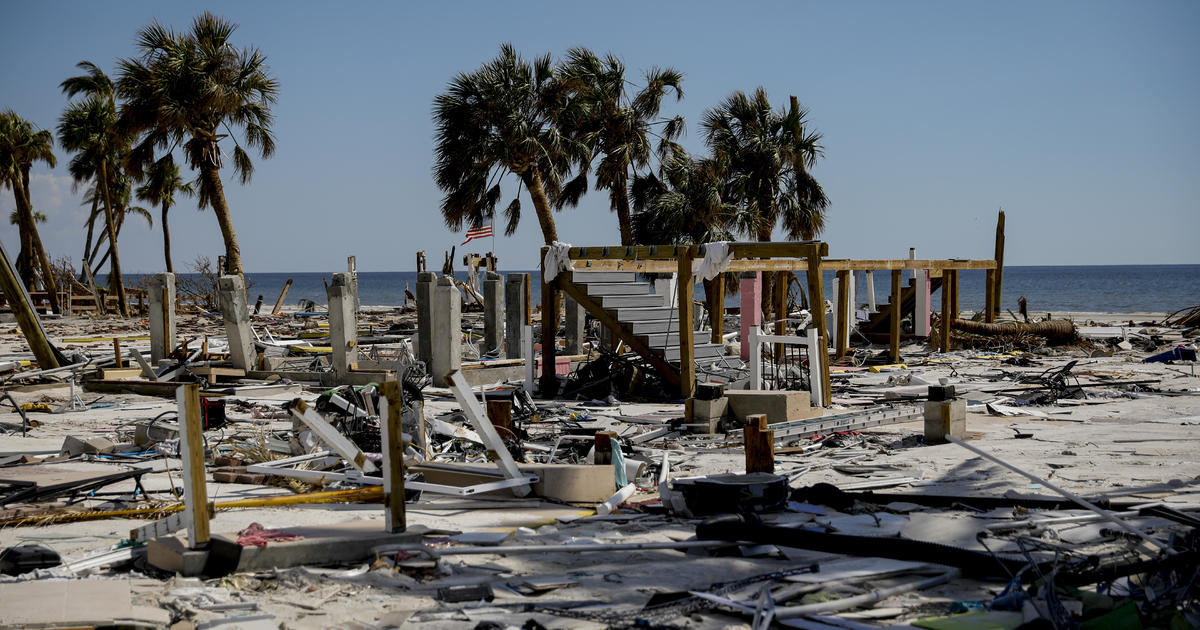A convergence of factors, including the intensification of storms due to climate change, a strained insurance industry, and ineffective state regulations, has created a significant insurance coverage gap for millions of low-income Florida residents.
The crisis in Florida’s insurance industry has escalated, with seven companies shutting down since February of last year. This leaves countless individuals vulnerable to the devastating impacts of flooding.
The urgency to address this issue is underscored by the fact that over one-third of Florida properties are at risk of severe flooding within the next 30 years.
Unfortunately, many residents are unaware of the risks their homes are facing. Hurricane Ian, a catastrophic Category 4 storm that struck last September, resulted in over 150 deaths and caused more than $100 billion in damages, making it the costliest storm in Florida’s history.
Diana Mercado, a 56-year-old resident from Fort Myers, is one of many still struggling to rebuild. She claims that she was not informed by real estate or insurance agents that her property was in a FEMA flood zone. In these zones, residents are federally required to have flood insurance.
Mercado states, “If they had told me I needed it, I would have gotten it. But I didn’t know.” When Hurricane Ian hit, Mercado evacuated and expected to return home to find only minimal damage. However, her home of 26 years was devastated, leaving it in ruins. She did not have flood insurance and could not afford the costly repairs estimated to be between $50,000 and $70,000.
Dr. Rick Knabb, former director of the National Hurricane Center, emphasizes that even a few inches of water can cause significant damage to homes. The lack of requirements to disclose flood risks to homebuyers in Florida, one of 21 states without such regulations, exacerbates the issue. Lower-income residents, disproportionately affected by this lack of information, often struggle to afford flood insurance, especially as premiums continue to rise.
Florida lawmakers are now considering changes to state laws that would require sellers to disclose flooding information, ensuring that homebuyers have access to critical information about flood risks. Additionally, FEMA’s flood maps, which determine flood zones, are outdated and less accurate due to climate change. The agency is actively working on updating them.
For residents like Mercado, the journey to rebuild after Hurricane Ian has been long and arduous. She relies on do-it-yourself efforts and online tutorials, storing salvageable belongings in her daughter’s garage. Despite the challenges, she remains grateful for her daughter’s support during this difficult time.
Denial of responsibility! VigourTimes is an automatic aggregator of Global media. In each content, the hyperlink to the primary source is specified. All trademarks belong to their rightful owners, and all materials to their authors. For any complaint, please reach us at – [email protected]. We will take necessary action within 24 hours.



